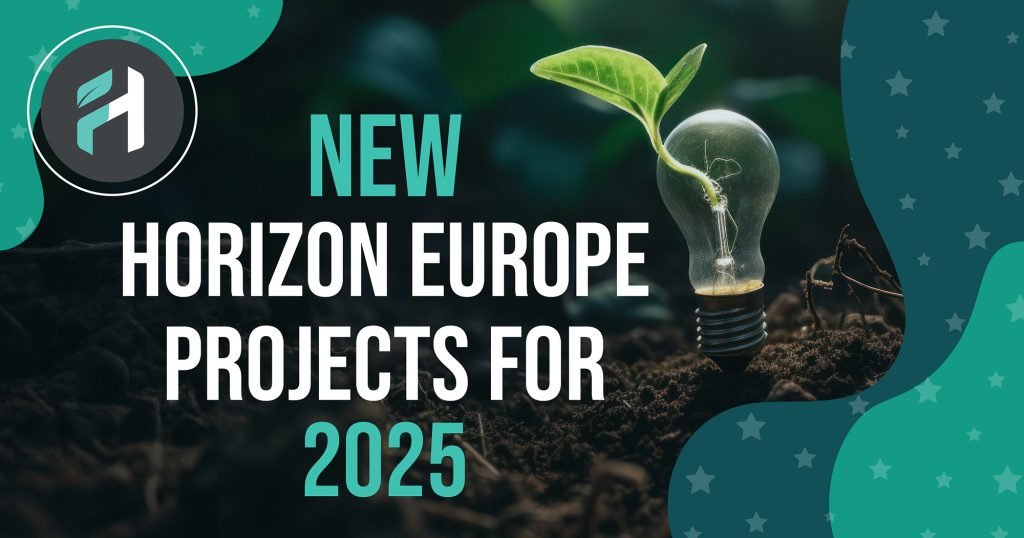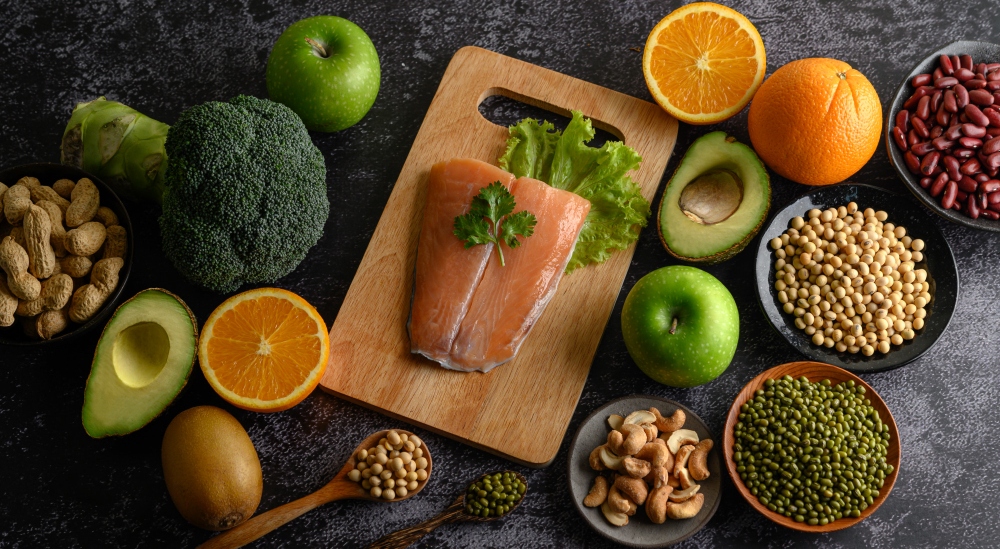Foodscale Hub’s Next Chapter: New Horizon Europe Projects for 2025

Big things are on the horizon for the Foodscale Hub team! As we step into 2025, we’re proud to introduce not just our revamped website, new offices, and expanded divisions, but also our involvement in four new Horizon Europe Projects.
From advancing solar technologies and sharing expertise in agrobiodiversity to promoting sustainable food choices, these projects are set to deliver groundbreaking solutions. Each initiative aims to bridge the critical gaps, drive innovation, and create a positive impact on a global scale.
Keep reading to learn more about each of these Horizon Europe projects for 2025 and how Foodscale Hub will contribute to their success.
Explore What’s Next: Four New Horizon Europe Projects
FarmBioNet
FarmBioNet aims to identify biodiversity-friendly farming practices and help farmers to provide habitats that will offer food, safety and shelter for biodiversity on their farms. It will establish Farming and Biodiversity National Networks, consisting of farmers, foresters, researchers, NGOs, advisors, and other relevant Agricultural Knowledge and Innovation Systems (AKIS) actors.
FarmBioNet will use these national networks to gather and disseminate knowledge and information. The networks will use biodiversity-friendly case-study areas to promote exchange of traditional and evidence-based actions that benefit farm biodiversity, through a co-creation and cross-fertilisation process. The project will conduct a cost-benefit analysis, showing how biodiversity can benefit sustainable food production. It will also develop practical decision-making tools to promote biodiversity with farmers, foresters and policy makers.
Foodscale Hub (FSH) is leading key aspects of the FarmBioNet project by developing, implementing and producing a comprehensive Dissemination, Exploitation and Communication (DEC) plan. This includes creating communication materials, building online visibility through the website and social media, supporting NN members and encouraging collaboration among consortium partners. Additionally, FSH is responsible for designing an effective post-project exploitation strategy to ensure the successful uptake and long-term viability of FarmBIoNet solutions.
SUNFUSION
SUNFUSION is a four-year Horizon Europe project that leverages state-of-the-art core technologies to address the conversion of microalgae and oleaginous yeasts into aviation and shipping biofuels.
SUNFUSION will develop a process to convert microalgae and oleaginous yeasts into biofuels for shipping and aviation by improving key technologies. These will include:
- Advanced systems for cultivating microalgae and yeasts in photobioreactors and open raceway ponds;
- A solar-powered continuous hydrothermal liquefaction reactor for efficient fuel production;
- A solar-aided thermal energy storage system for process integration;
- Hydrotreatment units to produce advanced sustainable biofuels; and
- Recycling gases and liquids from the hydrothermal liquefaction process to reduce waste and emissions, creating a zero-emission, zero-waste system.
The solar-to-bio crude energy efficiency target is set to exceed 50%, enabling the sustainable transformation of solar energy to energy carriers in the form of biofuels. Finally, the project includes a comprehensive evaluation of the process from technical, economic and environmental perspectives.
For the SUNFUSION project, Foodscale Hub leads communication, exploitation and dissemination activities, along with tasks related to the creation and implementation of a comprehensive DEC plan, as well as conducting a social Life Cycle Assessment (sLCA). Additionally, FSH will build synergies with relevant projects to ensure lasting collaboration and wider community uptake of the SUNFUSION solution across Europe.

WiseFood
The WiseFood project, running from 2025 to 2027, is dedicated to empowering citizens to make healthier and more sustainable food choices. At its core, the project aims to provide access to reliable food-related information through artificial intelligence and advanced technologies.
WiseFood will also rely on a human-in-the-loop approach, involving food domain experts, to ensure alignment with national policies and guidelines. Living Labs will be designed to co-create the envisioned solutions, ultimately enhancing the overall food ecosystem. This will promote healthier dietary habits, reduce the ecological footprint of food consumption, and cultivate a culture of well-informed and eco-conscious citizens.
FSH plays a supportive role in the WiseFood projects, including equipping all partners with the necessary knowledge and documentation to map their contributions to DEC activities. Additionally, FSH is responsible for creating a strong visual identity for the project and building the brand’s authority in the field. The FSH team will attend relevant events, organise workshops and provide training to improve citizens’ and stakeholders’ engagement. Finally, FSH will contribute to developing sustainability, intellectual property rights (IPR) and exploitation strategies to ensure WiseFood’s long-term impact.
PLANTOMYC
PLANTOMYC stands as a pioneering initiative aiming to address critical pain points in the alternative protein sector, including environmental sustainability and high production costs. By merging the benefits of plant-based proteins with the functional and sensory advantages of mycelial protein biomass, the project develops minimally processed hybrid meat analogues that are both healthy and tasty.
Through cutting-edge fermentation techniques and upcycling underutilising resources like pea protein by-products and brewers’ spent grains, the project seeks to reduce waste while enabling cost-effective production with a lower carbon footprint. Through targeted efforts, the Plantomyc team also navigates challenges related to consumer acceptance, technological scaling and regulatory compliance, paving the way for a more sustainable protein industry in the EU.
In this project, FSH leads the tasks related to discovering consumer preferences in healthy and sustainable diets, focusing primarily on upgraded plant-based food products. Additionally, FSH contributes to the process of new product development by directly involving customers through an interactive co-creation approach with the aim of identifying and refining viable product prototypes. Finally, FSH ensures a smooth transition from innovation development to market through the design and execution of a scalable Exploitation, Sustainability and IPR management strategy.
